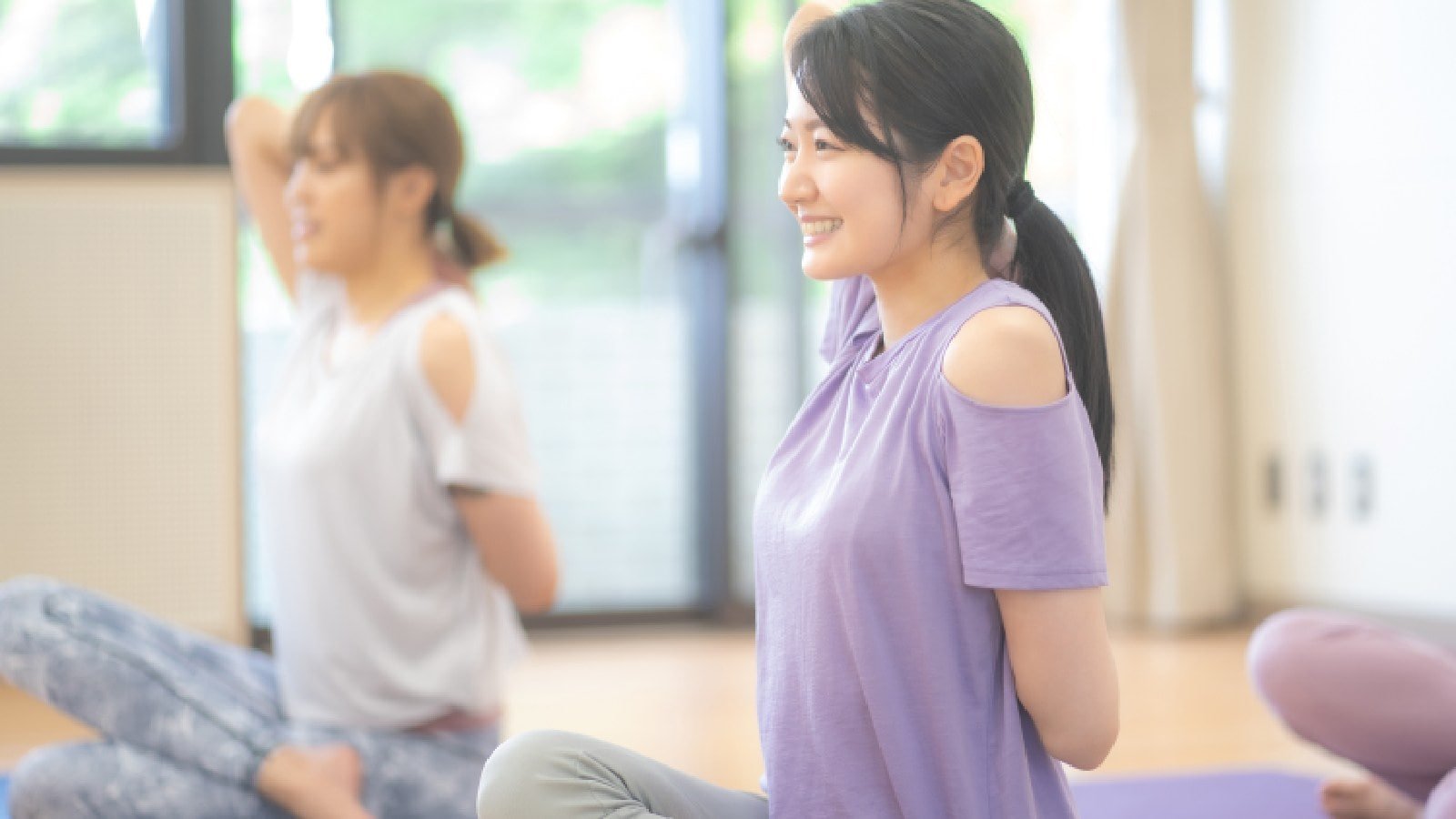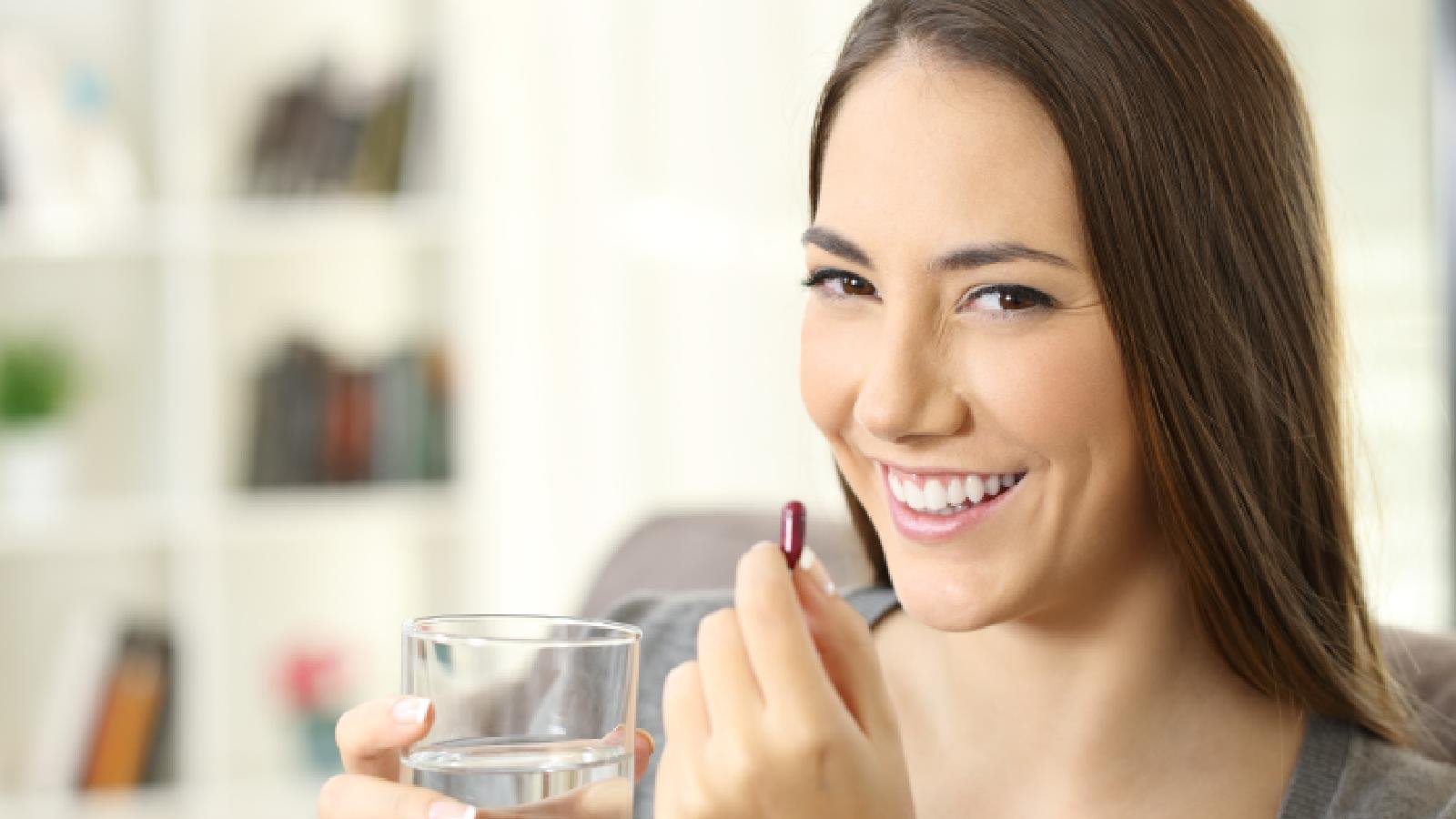[ad_1]
Depression is a growing concern around the world, and a recent study has found that practising hot yoga even once a week can reduce the symptoms.
People may be connected to each other like never before, but they have also pergaps never been more depressed and lonely. With technology thriving, it may seem like you have the tools to be happier, but why is it that life does not feel fulfilling to all? Depression has silently entered many people’s lives despite them trying everything they can to not let the shadow of this haunting disease loom large. According to the World Health Organization, over 40 million adults in India suffer from depression. While you can’t change the statistics, you can work on reducing the symptoms. One way could be to do hot yoga for depression!
What is hot yoga?
Hot yoga is a form of yoga that is practised in a room with a higher temperature and humidity than traditional yoga classes. In these classes, the room is heated to temperatures ranging from 35°C to 40°C or even higher, and the humidity level is also increased so you can sweat. Hot yoga classes often follow specific sequences of yoga poses and breathing exercises, such as Bikram yoga and hot Vinyasa yoga.

There are multiple benefits of hot yoga.
A study published in the Journal of Strength and Conditioning Research has found that hot yoga or Bikram yoga can help improve your flexibility.
It has also been found by a study published in the Journal of Science and Medicine in Sport that Bikram yoga can help burn more calories. Other health benefits of hot yoga include burning calories, building bone density, reducing stress, easing depression, reducing heart disease, and nourishing the skin.
However, people practising hot yoga should stay hydrated and be mindful of their body’s limits. The high temperature set during hot yoga can be harmful for some people.
Also Read: Hot yoga 101: What is it and how can it benefit your health
Hot yoga may help reduce depression risk
Depression is a mental health disorder characterised by persistent feelings of sadness, hopelessness, and a lack of interest or pleasure in daily activities. It can affect a person’s thoughts, emotions, and physical well-being. Yoga is a holistic practice that has been touted as an effective way to treat depression. According to a recent study, it will be even better if you try hot yoga for depression.
A study published in The Journal of Clinical Psychiatry found that heated yoga is an effective treatment for people suffering from depression. For the study, 80 participants were asked to attend hot yoga classes twice weekly. After eight weeks, the researchers found that these individuals experienced a reduction in their depressive symptoms. Most of the participants experienced a 50 percent drop in their depressive symptoms.
Hot yoga once a week can also reduce depression risk
While attending hot yoga twice a week was shown to be an effective way to reduce depressive symptoms in the eight-week randomised trial, the researchers found that doing it only once a week can also help. The researchers found that depressive symptoms were reduced even for participants who received only half the prescribed yoga sessions suggested. Hence, the heated yoga sessions just once a week could also be beneficial for reducing the symptoms of depression.
Select Topics of your interest and let us customize your feed.

As per the data by the American Psychology Association found that yoga is a technique that helps relax and improve your mood. Several other studies have also found that doing yoga is an effective way to reduce the risk of depression in people.
Takeaway
For someone suffering from depression, hot yoga can be an effective way to alleviate the symptoms. While it is recommended that one should do hot yoga at least twice a week, even once a week can be helpful for people. Not just depression, practicing hot yoga can help with weight loss, reduce stress, build bone density, decrease heart disease risk, and more. While it offers many health benefits, it is best to do it under the supervision of an expert or consult a doctor before incorporating it into your routine.
[ad_2]
Source link







